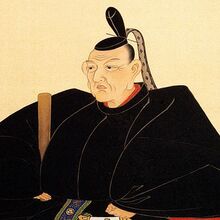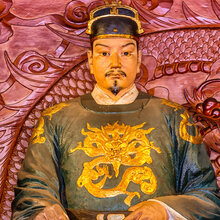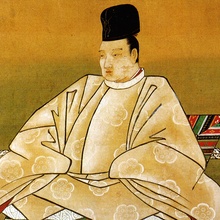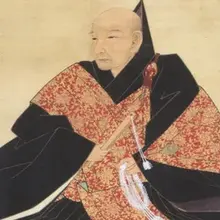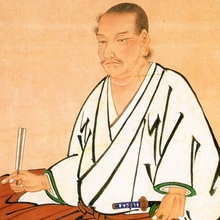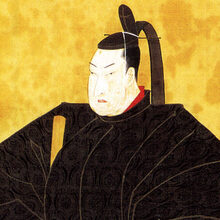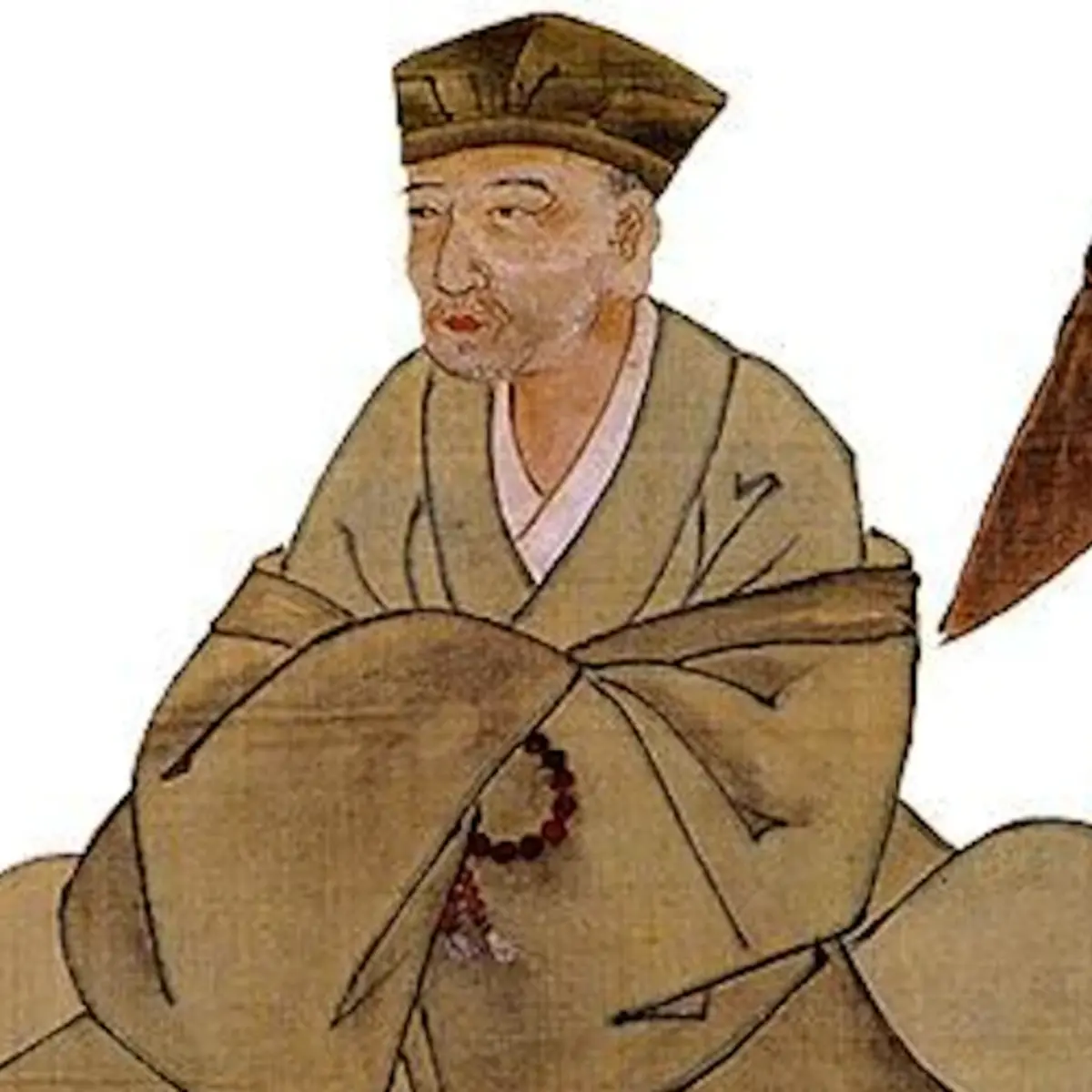
Personal
Other names:
Sobo, Tosei, Basho
宗房, 桃青, 芭蕉
Job / Known for:
Haiku poet and traveler
Left traces:
His haiku collections and travelogues
Born
Date:
1644
Location:
JP
Near Ueno, Iga Province, Japan
Died
Date:
1694-11-28 (aged 50)
Resting place:
JP
Death Cause:
Stomach illness
Family
Spouse:
Children:
Parent(s):
Matsuo Yozaemon and his wife
QR Code:
Show More
Rank
Users ranking to :
Thanks, you rate star
Ranking
5.0
1
Fullname
Matsuo Basho
Fullname NoEnglish
松尾 芭蕉
Slogan
Do not seek to follow in the footsteps of the wise. Seek what they sought.
About me / Bio:
Show More
Article for Matsuo Basho
Died profile like Matsuo Basho
Comments:

